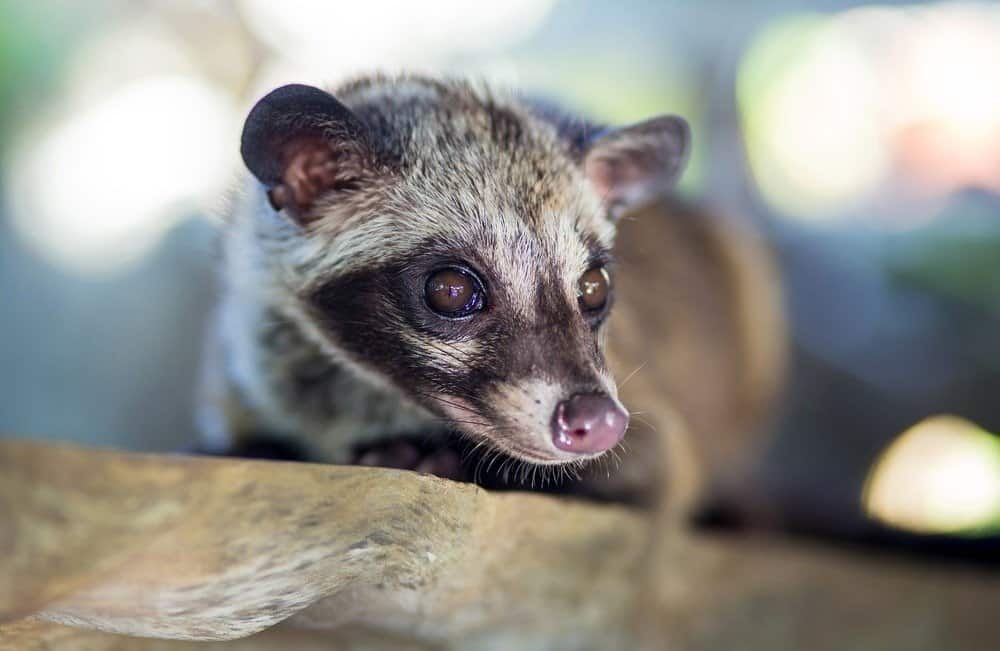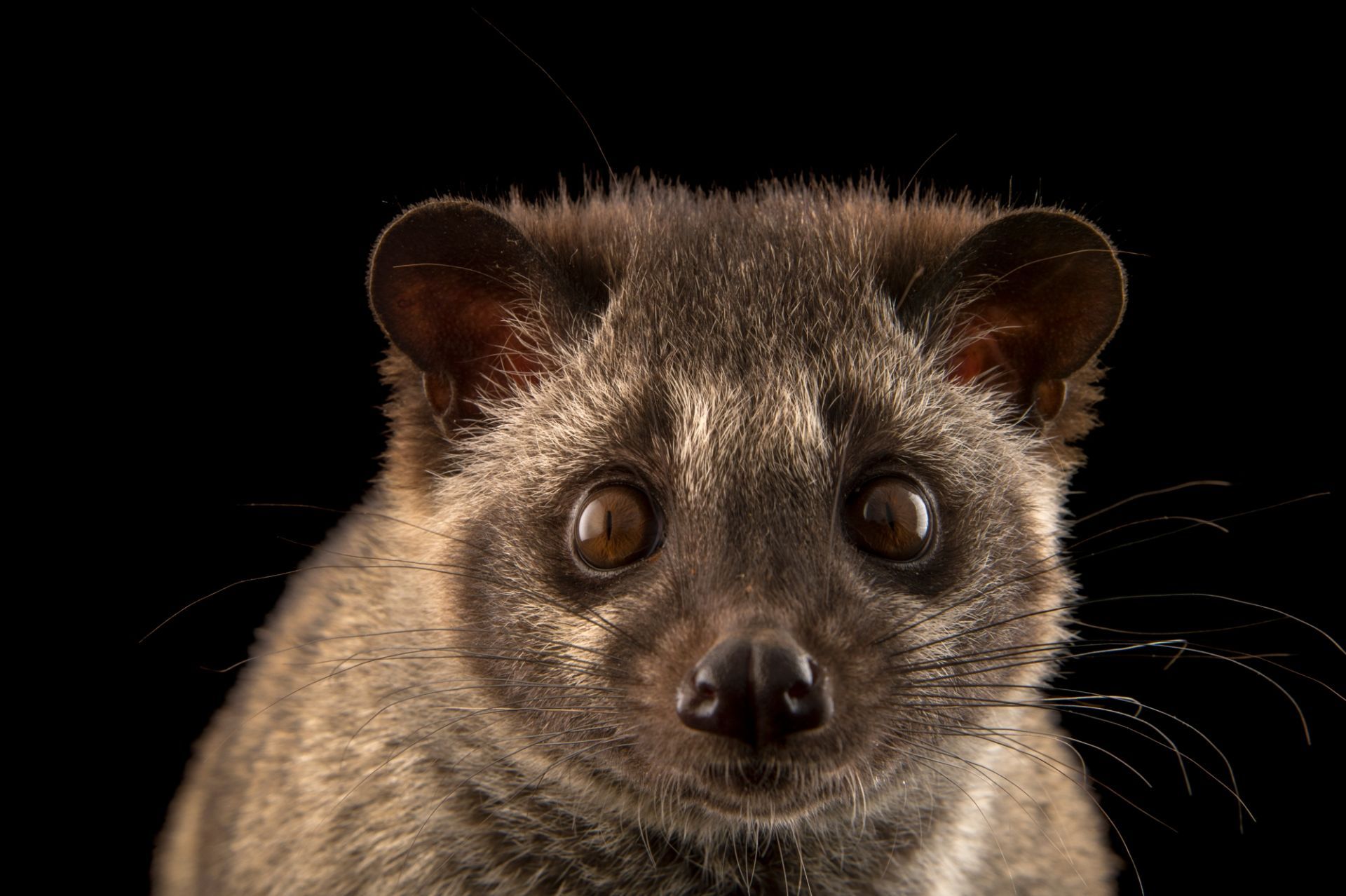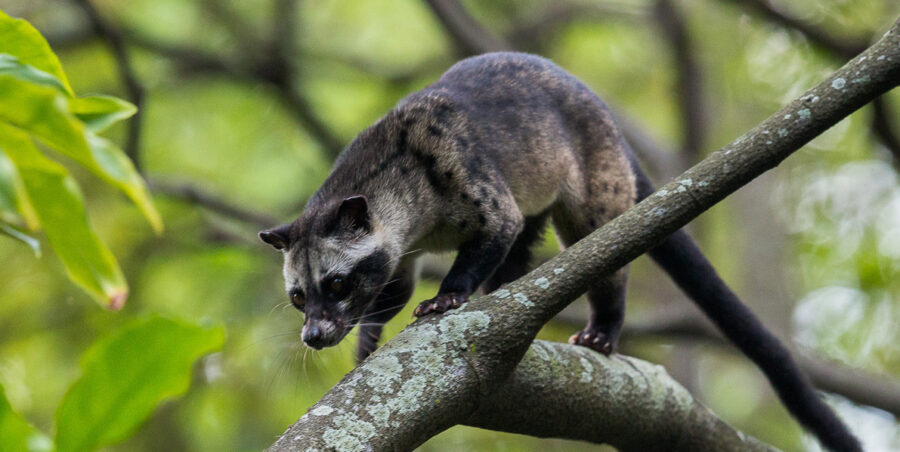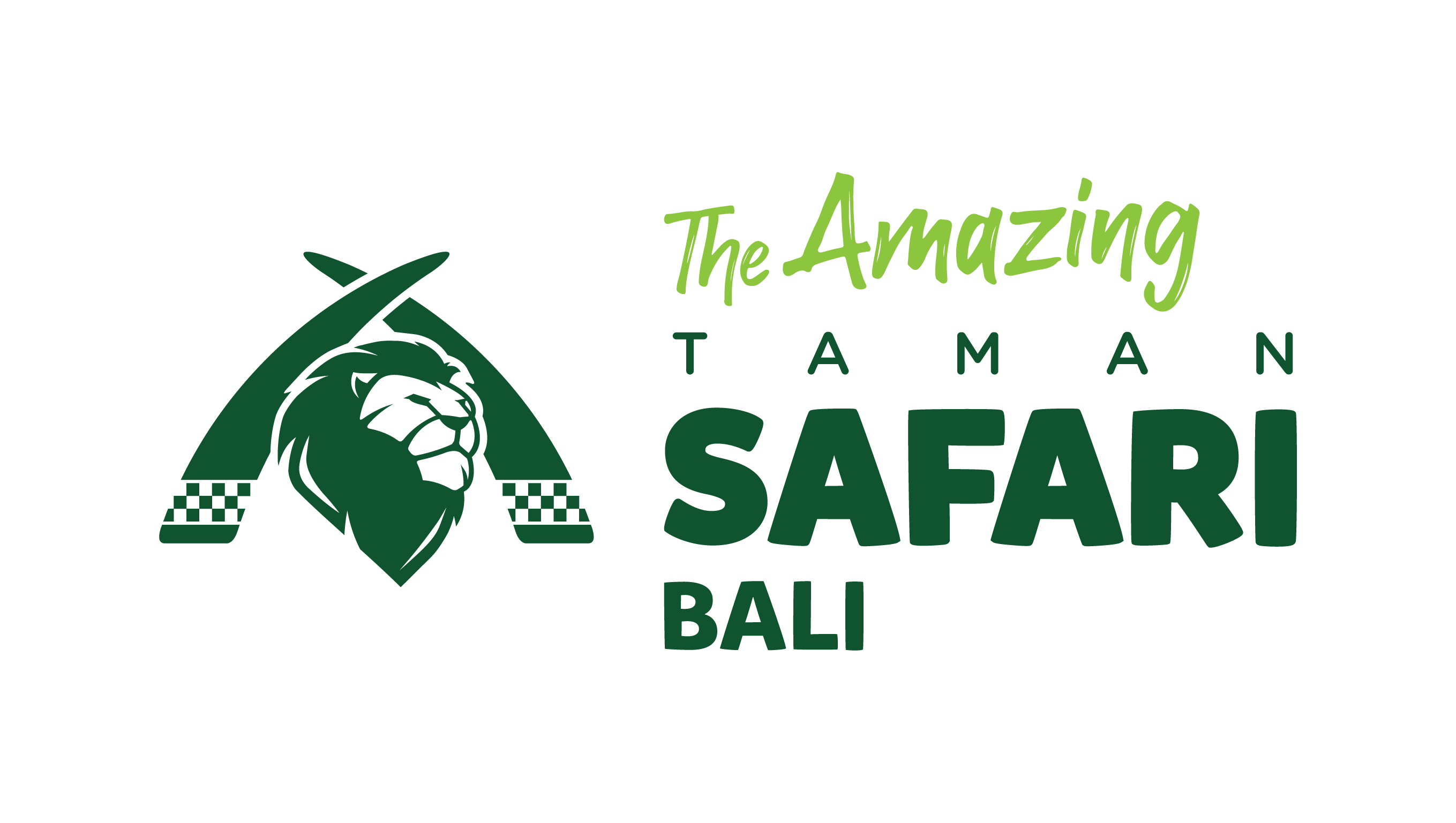As one of a famous coffee brew, Coffee Luwak known for its different authenticity compared to other coffee. Well, the one who make those yummy coffee luwak is the Asian Palm Civet, or the Luwak itself!
Luwak, or Asian Palm Civet is a viverrid native to South and Southeast Asia including Indonesia. Let’s get to know more facts about them through this article!

Widely Spread
According to IUCN Red List since 2008, they are at Least Concern as it accommodates to a broad range of habitats. They live in almost all over the Asian continent such as Indonesia, India, Sri Lanka and Thailand.
However in Indonesia, they are being threaten by poaching and illegal wildlife trade. Buyers use it for the increasing production of kopi luwak.
Cute Appearance
Cute in their own ways, they have a unique motifs like a white mask on the forehead. They also have white spots on each side of the nostrils and a dark line between the eyes.

Along with a furry body, they have small ears, shiny eyes, and cute whiskers. Wild civets are not tamed easily but pet ones can be very affectionate!
How Do They Communicate?
The Asian palm civet is a solitary animal and lifestyle, except for brief periods during mating. However, it has various modes of communication at its disposal. The modes of communication available to civets are visual, auditory, and olfactory.
They also have characteristic sounds like – a growl, a scream, and a cough-spit. While making contact, they are commonly known to make ‘ha ha ha’ sounds, similar to hyena.

Coffee Luwak
Traditionally made from the faeces of the civets, did you know how they can make a yummy Coffee Luwak? That’s due to using coffee beans that have been subjected to ingestion and fermentation in their gastrointestinal tract! Moreover, caffeine content in both Arabica and Robusta luwak coffee is lower than in unfermented coffee.
However, due to it becoming a trendy drink, civets are being increasingly captured from the wild and fed coffee beans to mass-produce this blend.






